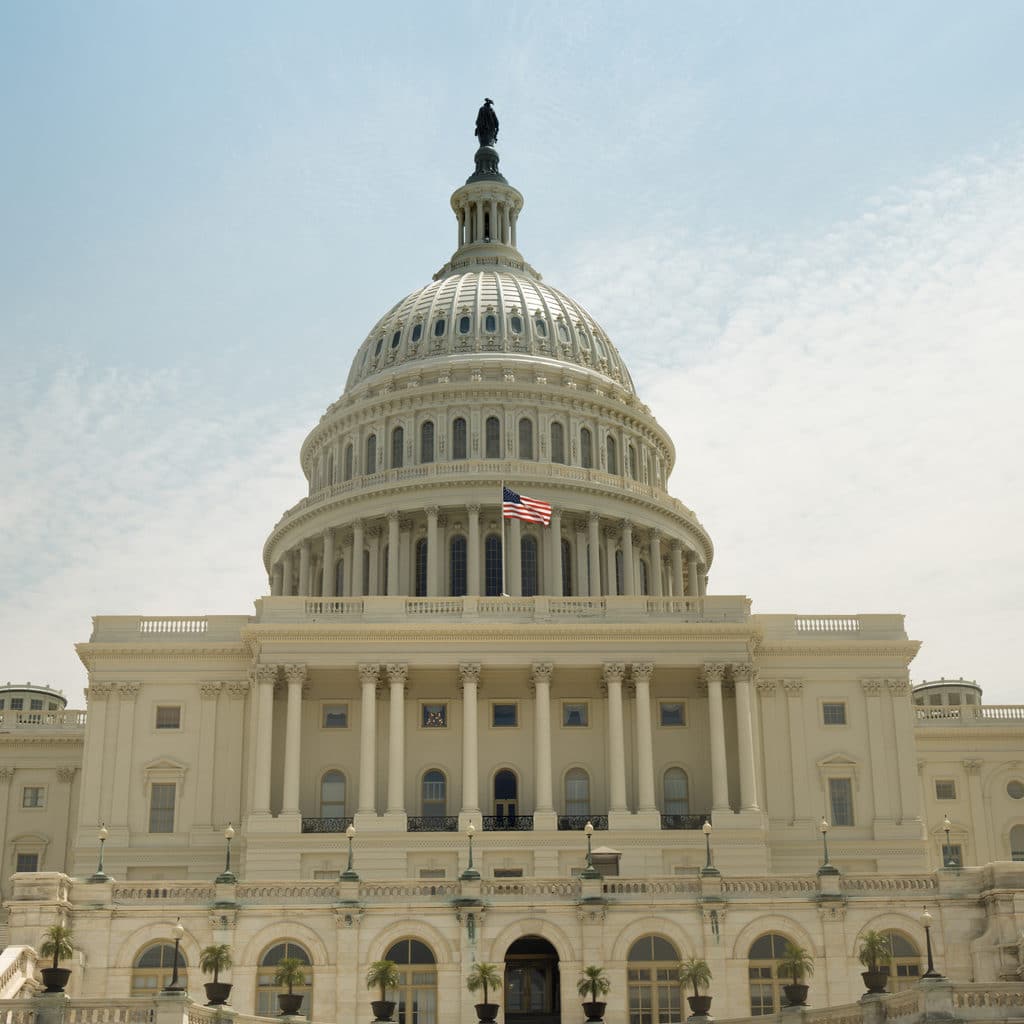On June 29, the U.S. House of Representatives’ Oversight and Reform Committee approved two pieces of legislation that aim to bolster the system of protections for federal employee whistleblowers. The committee voted to approve both the Whistleblower Protection Improvement Act (WPIA) and the Merit Systems Protection Board Empowerment Act of 2021.
The WPIA was introduced on May 4 by a bipartisan group of U.S. Representatives. It addresses a number of shortcomings with the Whistleblower Protection Act (WPA), the main law offering whistleblower protections to federal employees.
The most notable of the reforms that the WPIA includes is granting federal employee whistleblowers access to jury trials in federal courts. Currently, federal employees’ whistleblower retaliation claims are exclusively heard by the Merit Systems Protection Board (MSPB), a quasi-judicial federal agency chaired by Presidential appointees. The WPIA allows whistleblowers to pursue their retaliation claims in federal court if the MSPB does not issue a ruling within 180 days.
This change is particularly relevant because currently, the MSPB is in crisis due to a years-long lack of quorum on the Board. The Board has been without the two members needed for a quorum since January 8, 2017. It has thus not been able to issue any final rulings on federal whistleblower retaliation cases in over four years. According to the MSPB, there was a backlog of 3,290 cases at the agency at the end of May.
Even before the current MSPB crisis, whistleblower advocates have been fighting for court access for federal employees for decades. “Without court access, federal employee whistleblower rights are non-existent,” says whistleblower attorney Stephen M. Kohn of Kohn, Kohn & Colapinto. “The MSPB administrative process, even before the current crisis brought on by the lack of quorum, was criticized by every major whistleblower advocacy group in the nation. Federal employee whistleblowers need what other whistleblower laws provide, access to federal court and independent judges.”
The WPIA contains a number of other reforms to the WPA. It prohibits federal agencies from launching retaliatory investigations against whistleblowers, clarifies that no federal employee — including the President — may interfere with a whistleblower who provides information to Congress, and provides federal whistleblowers the timely opportunity to obtain temporary relief. The bill also expands the WPA to cover non-career Senior Executive Service and Public Health Service employees.
“Federal whistleblowers provide critical information on government corruption and wrongdoing, including by providing information to Congress. Their disclosures safeguard taxpayer dollars, improve federal programs, and save lives,” said Representative Carolyn Maloney (D-NY), the Chairwoman of the Committee on Oversight and Reform, in a statement about the Committee’s approval of the WPIA. Maloney, one of the Representatives who introduced the bill, added: “The Whistleblower Protection Improvement Act would make long overdue reforms to ensure that whistleblowers are protected from retaliation and to provide equitable remedies when whistleblowers do face retaliation.”
The Merit Systems Protection Board Empowerment Act of 2021 was introduced by Representative Gerald Connolly (D-VA) on February 23. The bill, which is endorsed by the National Whistleblower Center, reauthorizes the MSPB through 2026. It also requires administrative judges and other MSPB officials to undergo whistleblower engagement training and expands the Board’s research and study authority.
Representative Connolly, the Chairman of the Subcommittee on Government Operations, introduced the bill during a hearing on “Revitalizing the Federal Workforce.” At the onset of the hearing, Representative Connolly explained that “we want to strengthen whistleblower protections to empower those who see wrongdoing to come forward without fear.”
Both bills will now proceed to the whole House for a vote.
Read:
